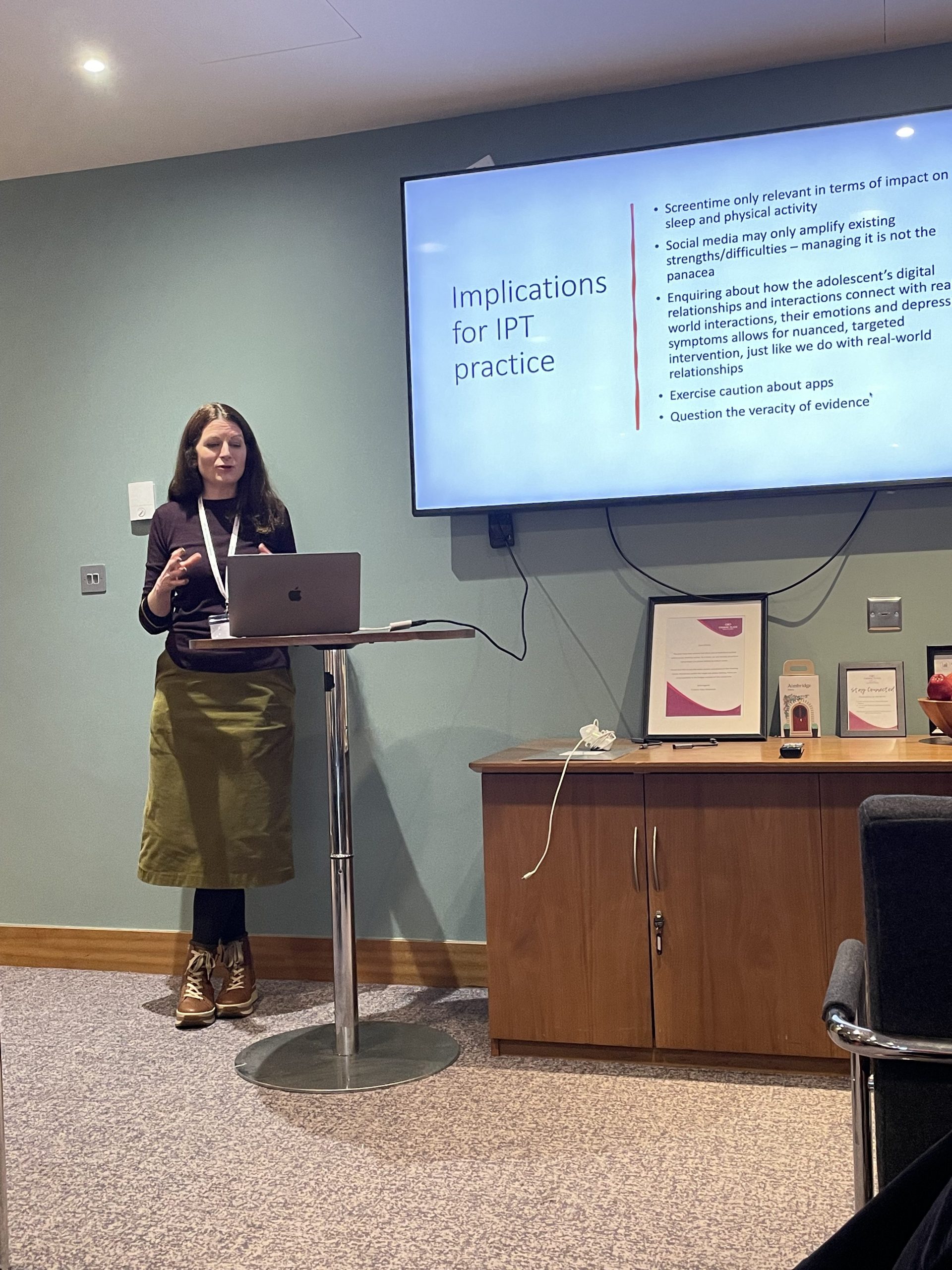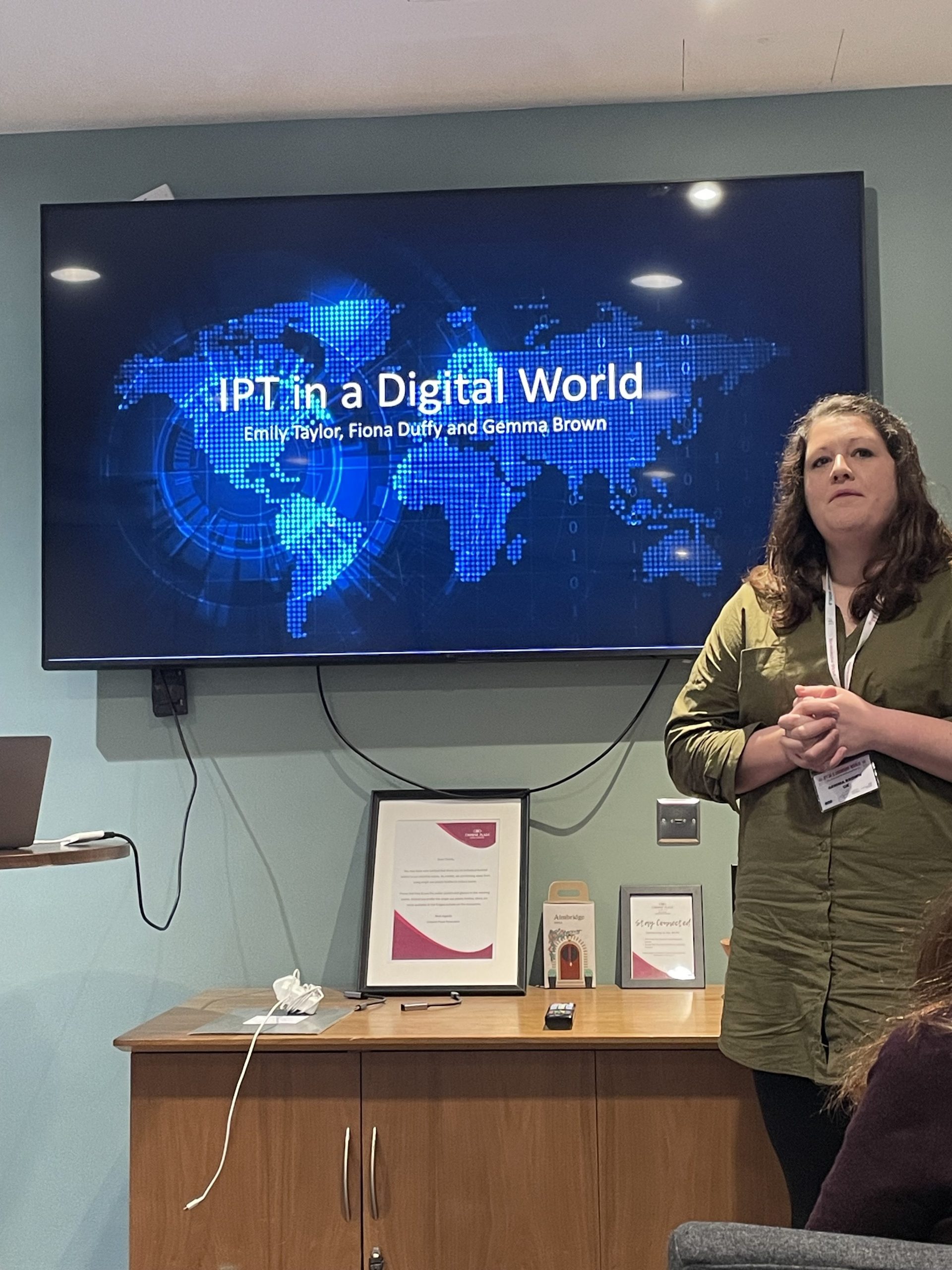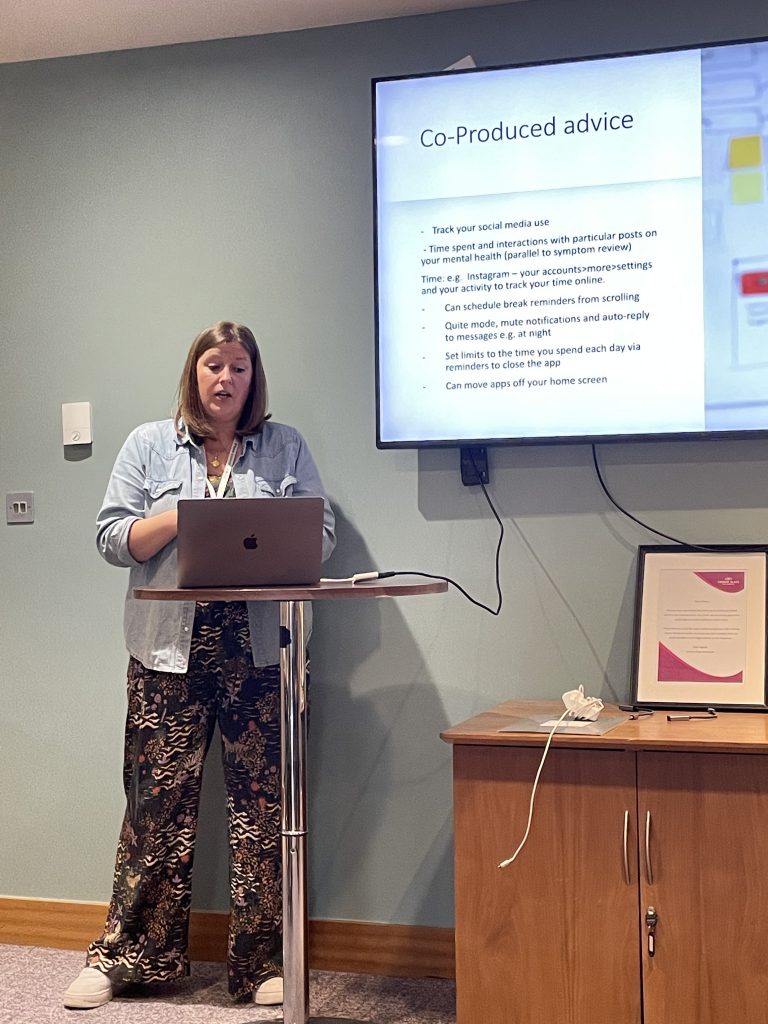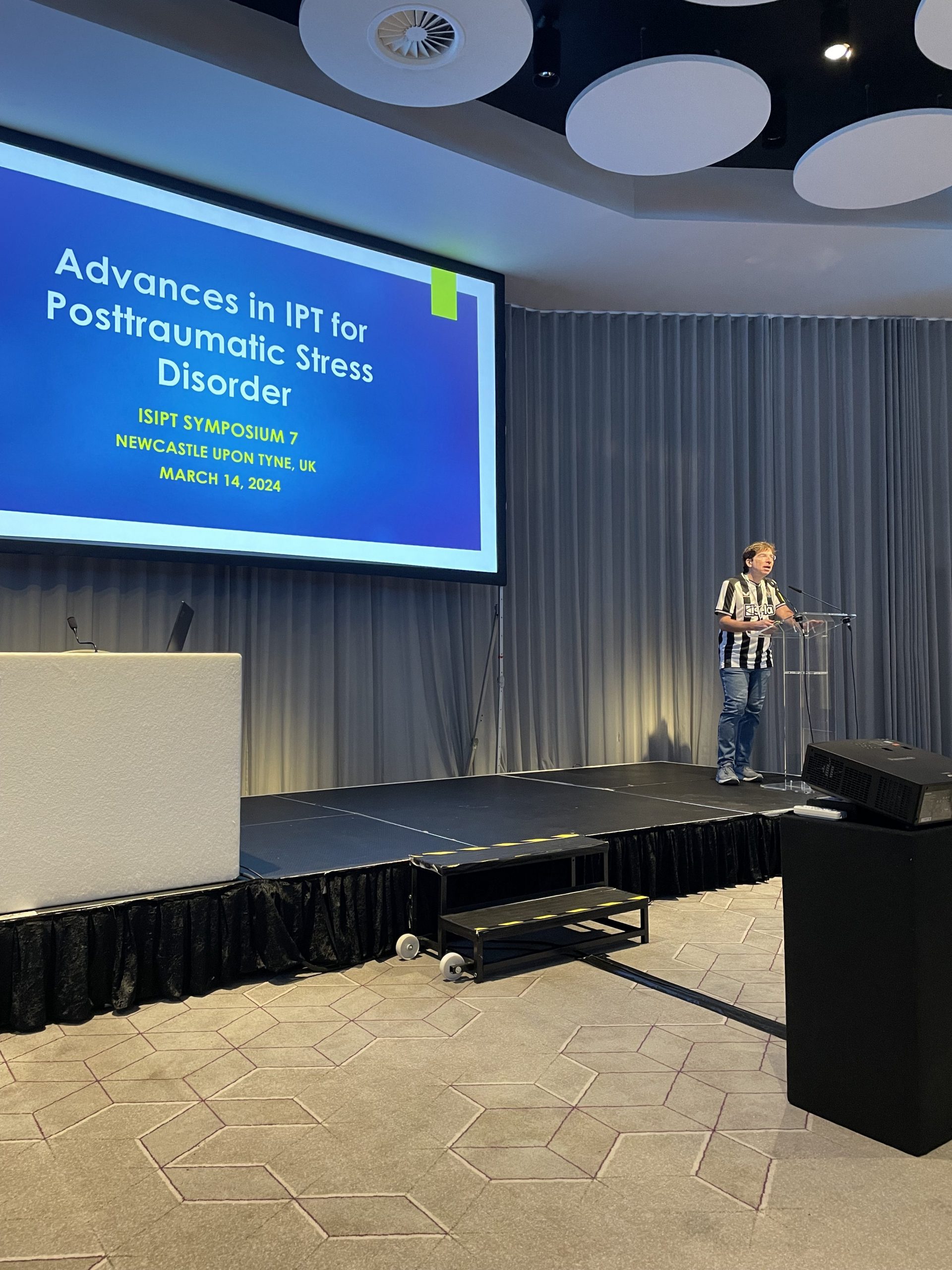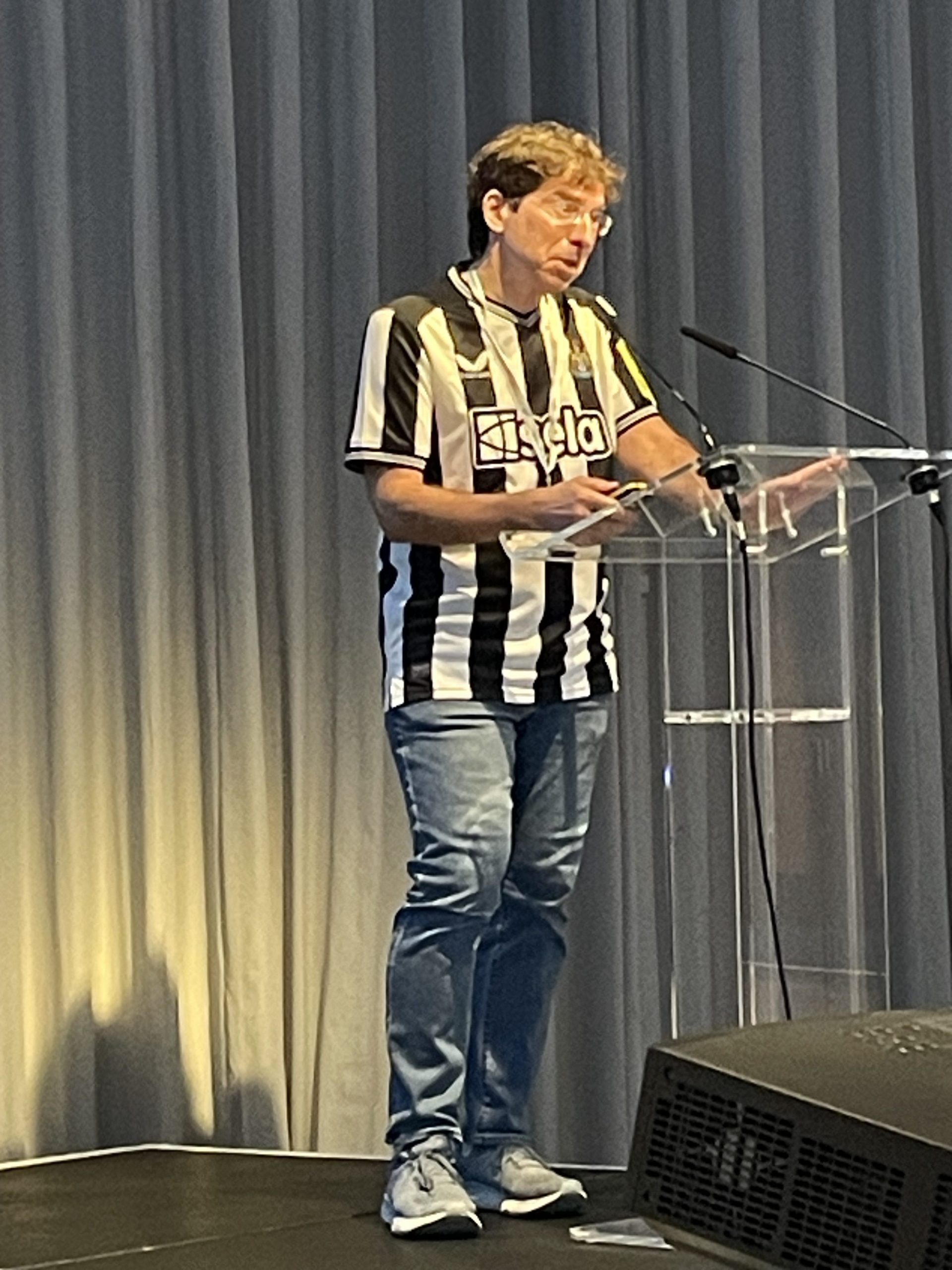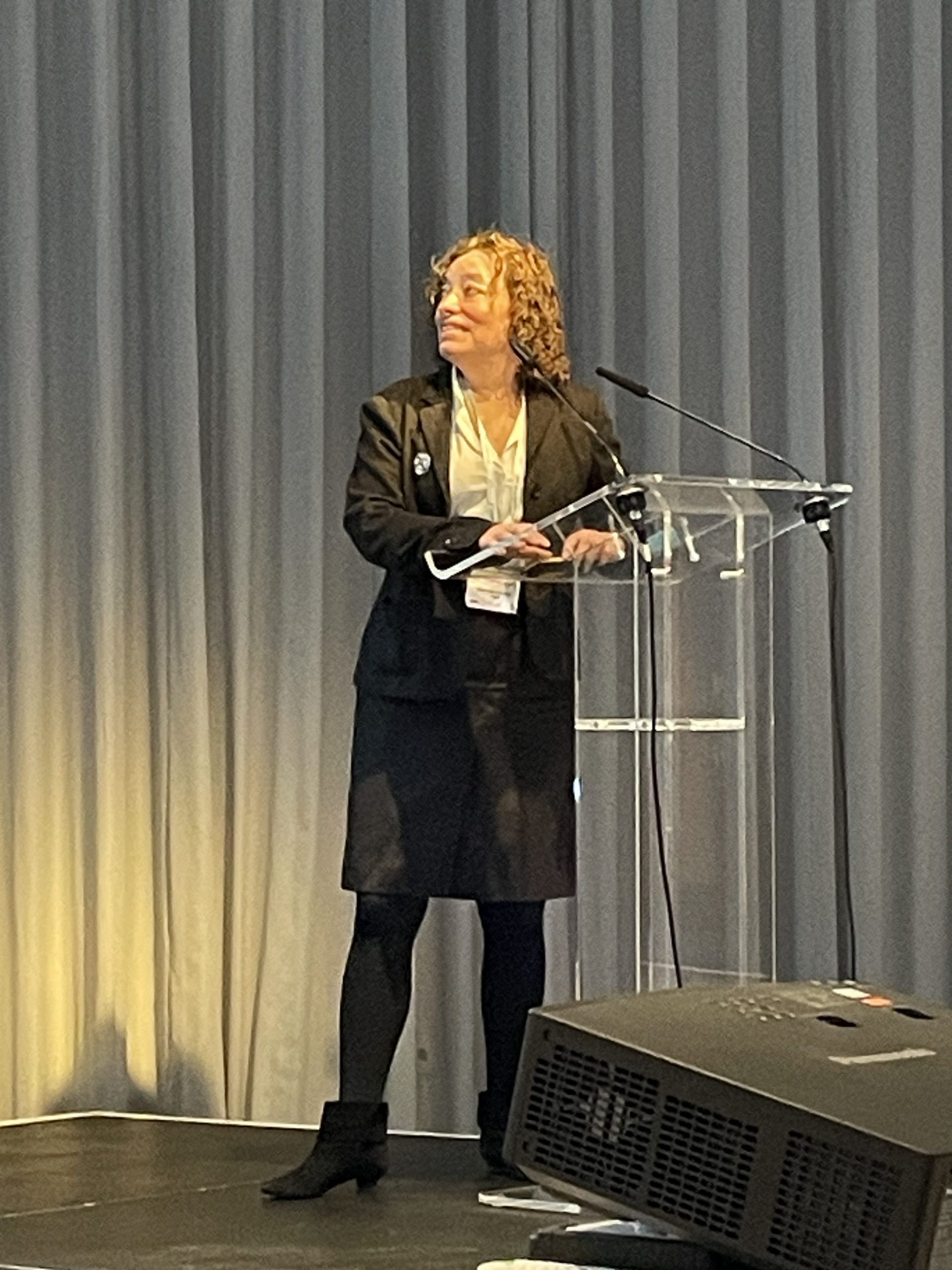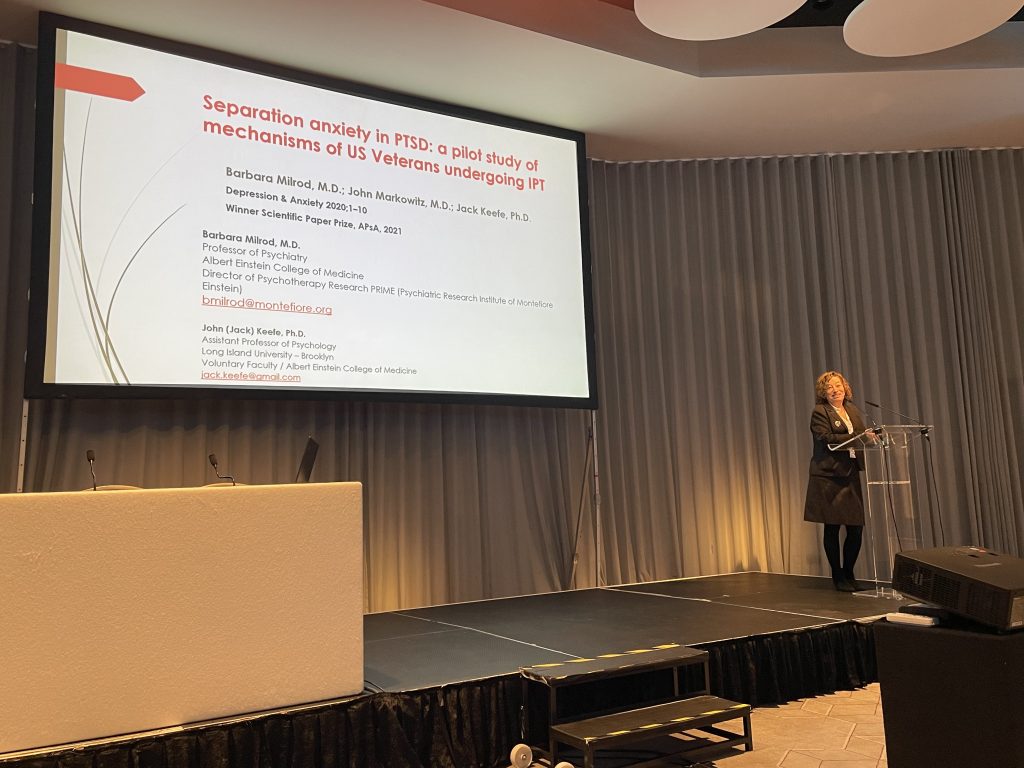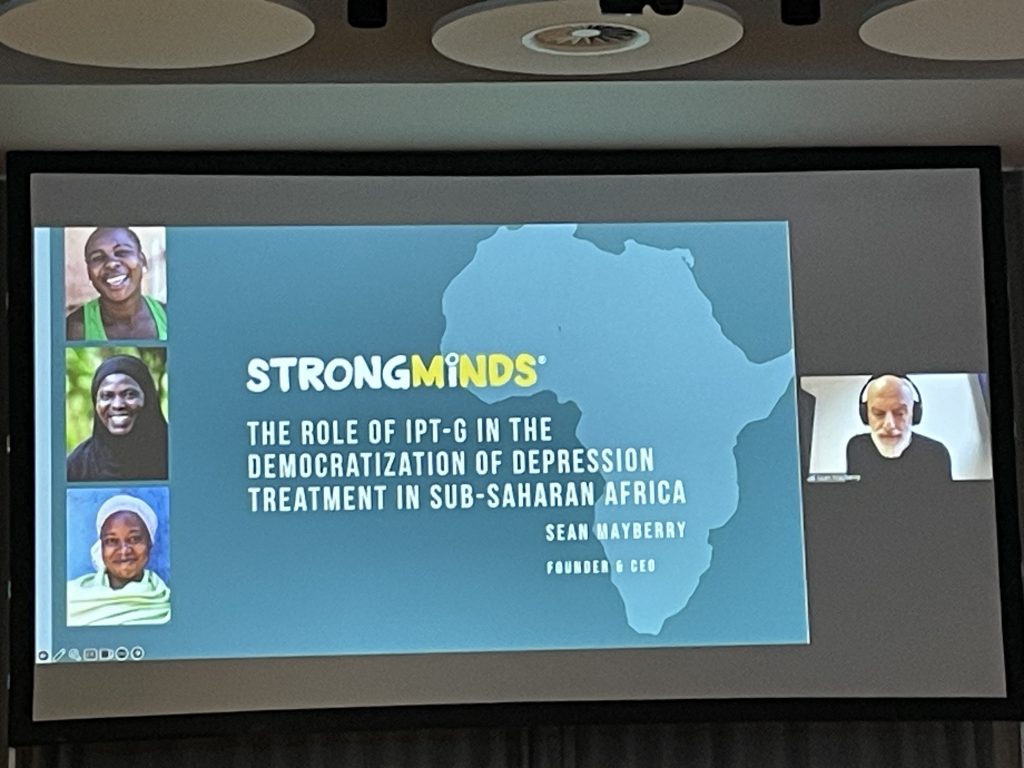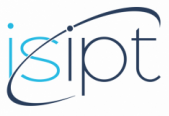The second day of the conference has offered crucial and intriguing themes. The morning featured discussions on how IPC is implemented in various parts of the world, including the development of an app called Engage. Speaking of apps, a workshop on “IPT in the digital world” was conducted, where we reflected on the opportunities presented by social media and how we, in IPT, observe their impact on individuals’ lives. During today’s symposium on IPT in PTSD, we received an update on research regarding IPT in trauma, including results from Marcelo Feijo de Mellos study comparing psychopharmacology and IPT. This study raised many questions and sparked increased curiosity on my part. Inspired by Nancy Groth’s spirit, I wonder how the outcome regarding dropouts in the study would have been if it had been possible to provide various stabilizing psychosocial interventions around therapy sessions. My clinical experience has taught me that the patient’s ongoing life circumstances and relationships truly impact current trauma symptoms and can even hinder therapy progress. Just a reflection. Barbara Milrod shared their study on separation anxiety in PTSD and also focused on an adapted interview to measure symptom-specific reflective functioning in PTSD. The entire symposium emphasized the importance of making IPT an affect-focused treatment, helping individuals to delve beyond their symptoms and get closer to their emotions and needs. Finally, after a satisfying lunch, Manasi Kumar introduced Sean Mayberry from Strong Minds to present his work on IPT-Groups in SubSaharan Africa. The conference day will continue with interesting presentations, and finally, we look forward to our business meeting. 🙂
